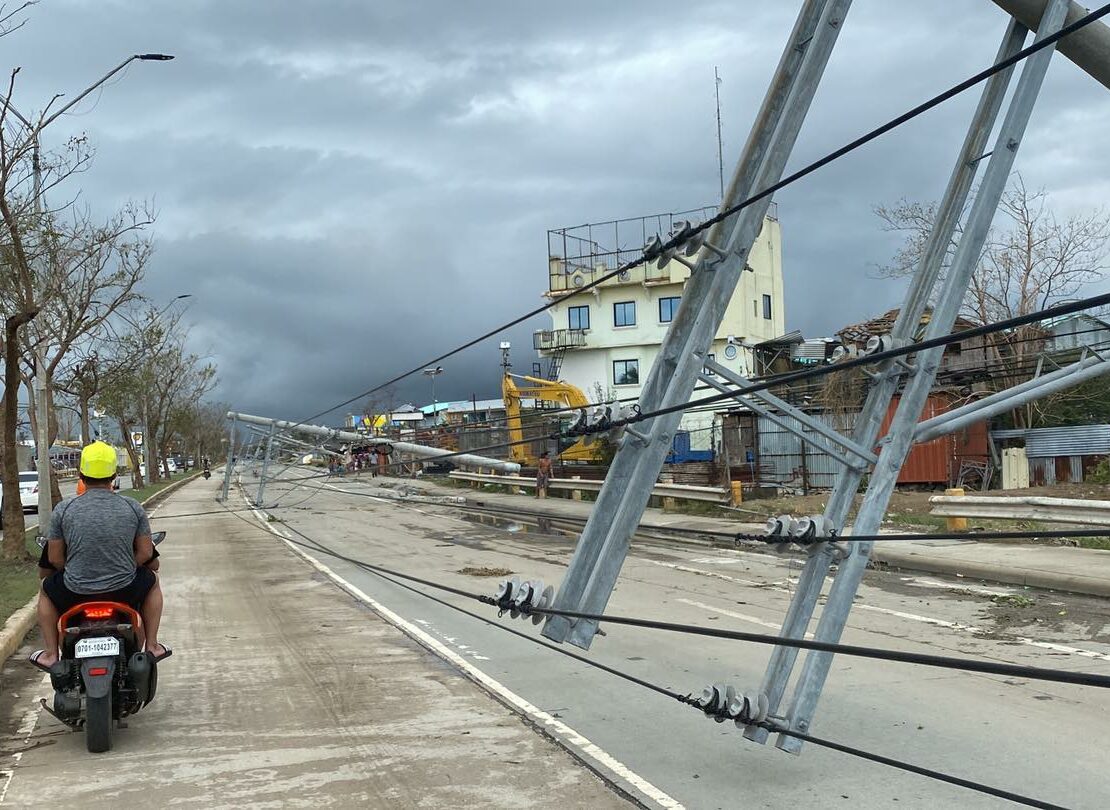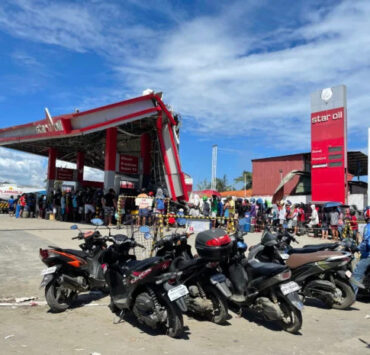Christmas is supposed to be the most wonderful time of the year, but that’s not the case in many parts of the country. For the past few years, typhoons have ravaged parts of the country right before the holiday season. Most recently, Typhoon Odette has wreaked havoc and destruction in Visayas and Mindanao.
Exactly a decade ago, Tropical Storm “Sendong” wreaked havoc across northern Mindanao, causing massive flooding and mudslides that left more than 1,400 dead.
— Inquirer (@inquirerdotnet) December 16, 2021
Today, Typhoon Odette has aroused fears of a repeat of the same disaster. #OdettePH
READ: https://t.co/B1LLGLvJ0p pic.twitter.com/FvbRsEceD7
The timing is always uncanny. The most dangerous and terrifying typhoons always strike within the months of November and December. In a report by Inquirer.net, the most deadly typhoons arrived in the country right in time for pre-holiday festivities.
- Super Typhoon “Yolanda” (“Haiyan”): Nov. 7 to 8, 2013; Leyte, Eastern and Northern Samar; 6,340 deaths
- Tropical Storm “Uring” (“Thelma”): Nov. 2 to 7, 1991; Leyte, Negros; 5,101 deaths (estimated up to 8,000)
- Typhoon “Pablo” (“Bopha”): Dec. 2 to 9, 2012; Mindanao; 1,901 deaths
- Tropical Depression (“Winnie”): Nov. 29 to 30; Visayas and Luzon; 1,593 deaths
- Typhoon “Reming” (“Durian”): Nov. 29 to Dec. 1, 2006; Catanduanes, Bicol region; 1,399 deaths
- Tropical Storm “Sendong” (“Washi”): Dec. 16 to 17, 2011; Cagayan de Oro; 1,292 deaths
So why do these typhoons always strike during the holidays?
The behavior of typhoons is cyclical. Much like the scheduled El Niño and La Niña season, typhoons frequently occur during the latter months of the year. While the Philippine Atmospheric, Geophysical, and Astronomical Services Administration (PAGASA) says that the bulk of typhoons occur from July to October, the devastating onslaught of these calamities have been happening later in the year.
WATCH: Scenes from the University of the Philippines (UP) Cebu campus and along Cebu Transcentral Highway after the onslaught of #OdettePH. | 📹: Erwin Lomibao pic.twitter.com/zpeAPGtnPN
— Inquirer (@inquirerdotnet) December 17, 2021
The concerning aspect of these typhoons is no longer when they strike; it’s the severity of the destruction they bring.
The Intergovernmental Panel on Climate Change (IPCC) has reported that extreme weather conditions will increase in severity due to climate change. The report also draws a correlation between human activities (like deforestation and the use of fossil fuels) and climate change, which prompted UN secretary-general, António Guterres, to declare the phenomenon “a code red for humanity.”
While there’s nothing we can do to change the fact that typhoons frequently occur in the country, we can demand decisive action from our government and the international community to curb the effects of climate change. It is worth noting that developed countries are mainly responsible for the increased emissions, which developing countries like us have to take the brunt of.
We can also develop a culture that is proactive when it comes to disaster preparedness, much like the Japanese. Lastly, we can also help with relief efforts in the affected regions by donating or volunteering.




